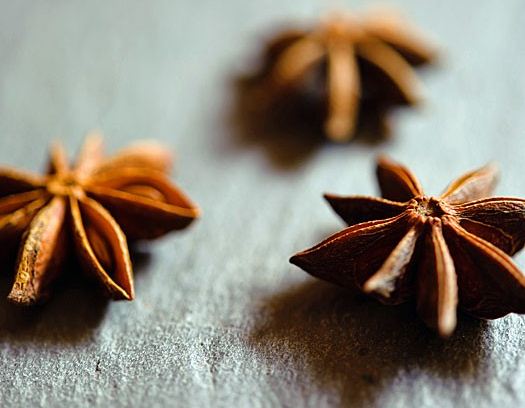 |
 |
 |
Anise relieves gassiness
It’s perfectly normal to pass gas 14 to 20
times daily, say UCLA researchers.
But if
you’d rather not be that “normal,”
try chewing
1/4 to 1/2 teaspoon of anise seeds
(which
taste a lot like licorice) after your
two
biggest meals of the day. According
to a
Mexican research team, this simple
trick
can help quash gassiness in as little
as
48 hours. Anise seeds are 75 percent
anethole,
which spurs the release of digestive
enzymes,
improving food breakdown so that gas
formation
doesn’t occur. Plus it helps break
up large,
painful gas bubbles, says Balch.
|
Basil can prevent new cancer cells
According to researchers at New Jersey’s
Rutgers University, regular use of
basil
-- as little as 1/2 teaspoon four times
weekly
-- helps shut down the growth of new
cancer
cells. The credit goes to basil’s antioxidant-rich
oil, which stimulates the formation
of immune
system super cells that quickly destroy
abnormal
cells on contact. Basil pairs beautifully
with dishes containing lots of tomatoes, onions, garlic or olives.
|
Paprika dampens inflammation
If you only grab the paprika when you’re
making deviled eggs, you’re missing
out!
Researchers at the Guelph Food Research
Center
in Ontario, Canada say enjoying 1/2
teaspoon
of this spice daily could cut your
levels
of tissue inflammation as much as 20
percent.
“Paprika is rich in saponins, natural
compounds
that bind to inflammatory molecules
in the
digestive tract, blocking their absorption,”
explains Ray Sahelian, M.D., author
of Mind Boosters. Why should you care about quelling inflammation?
According to researchers at North Carolina’s
Brody School of Medicine, chronic inflammation
can worsen dozens of different health
problems,
including skin rashes, arthritis, diabetes
and even Alzheimer’s disease. This
spice
is available sweet, spicy and smoked
so you
can try it on anything from beef, chicken
and fish, to beans, rice, and roasted veggies.
|
| ================================================================================================================================== |
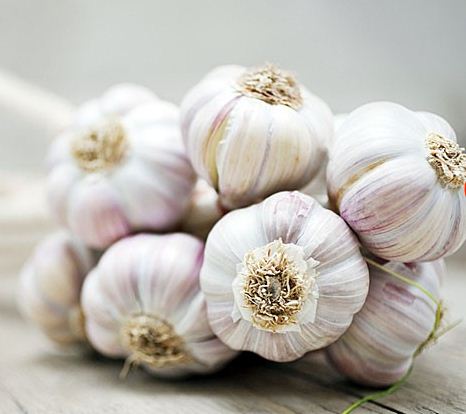 |
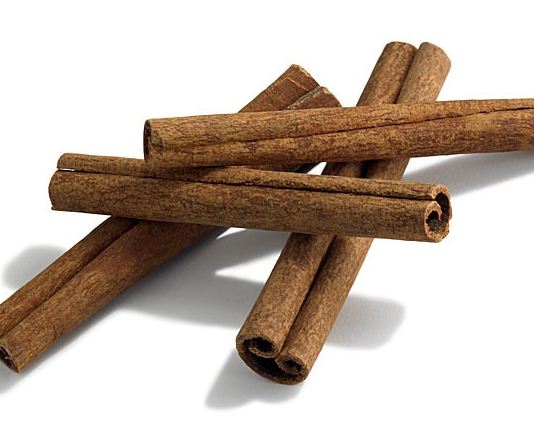 |
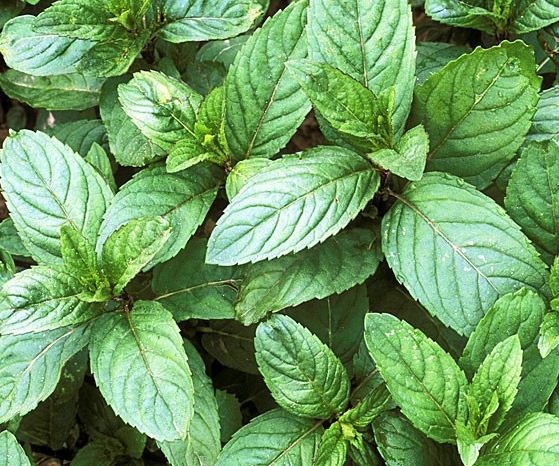 |
Garlic strengthens immunity
Eating just one clove daily can cut your
risk of infections (viral or bacterial)
in
half, say researchers at The Garlic
Information
Centre in Battle, East Sussex. This
flavorful
herb is packed with at least 33 different
sulfur compounds -- raw materials needed
to build fast, powerful, germ-killing
white
blood cells, their studies show.
Tip: Let chopped and crushed garlic “rest” for
10 minutes before cooking (air exposure
allows
garlic’s sulfur compounds to be converted
into their most active form).
|
Cinnamon revs energy
Eating sugary or carb-laden fare (sodas,
bread, bagels, sweets) causes sharp
spikes
and dips in blood sugar, which can
exhaust
the central nervous system and leave
you
feeling drained and sluggish, says
Dr. Balch.
But USDA research suggests sprinkling
1/2
teaspoon of cinnamon onto your meals
each
day can slow sugar and carb absorption
in
the small intestine, improving blood
sugar
control by 29 percent and cutting your
risk
of draggy bouts of fatigue by as much
as
half.
|
Peppermint soothes digestive upsets
According to University of Maryland researchers,
adding peppermint to a daily diet can
help
soothe indigestion, cramping, queasiness
and other digestive ills for up to
60 percent
of women. Peppermint’s menthol helps
intestinal
muscles contract properly and prods
the gallbladder
to release digestion-enhancing bile,
the
researchers say.
Tip: Sip two cups of peppermint tea daily or use
one tablespoon of the fresh herb to
in your
favorite food and drinks. Minced peppermint
leaves taste great in fruit salads,
rice
pilaf, chicken and lamb marinades,
chocolate
recipes, punches, iced teas and even
plain
water.
|
| =================================================================================================================================== |
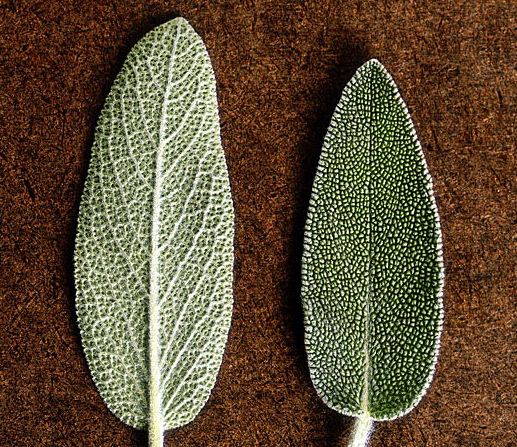 |
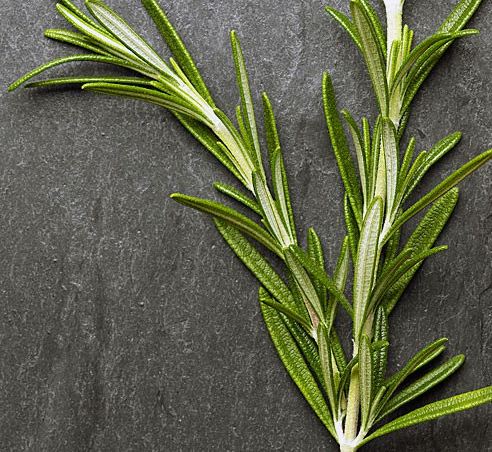 |
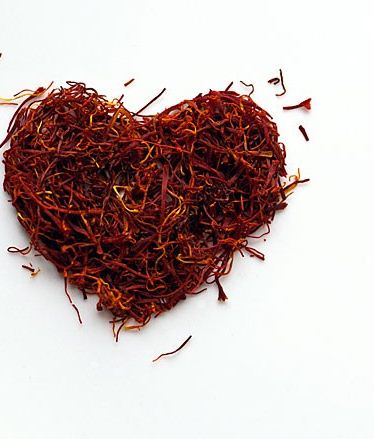 |
Sage strengthens memory
Feeling foggy? A single dose of sage can
instantly sharpen your memory skills,
helping
you recall names, places and other
facts
more quickly and accurately for at
least
three hours straight, say researchers
at
Britain’s University of Northumbria
at Newcastle.
How? Plant compounds called phenols
block
the breakdown of acetylcholine -- a
brain
compound that’s essential for clear-headed
thinking and the formation of new memories,
the study authors say. Try tossing
1/2 teaspoon
of this dried herb into your next meal.
|
Rosemary helps clear congestion
If you’re feeling under the weather, adding
1/4 teaspoon of rosemary to a meal can ease congestion and sinus pressure,
plus help speed your recovery from
a bad
head cold, says James Balch, M.D.,
author
of Prescription for Natural Cures.
“Rosemary’s antioxidants dampen sinus inflammation,
improve drainage and can even strengthen
your ability to destroy cold viruses.”
Rosemary
tastes great in omelets, herbed breads,
roasted
potatoes and poultry dishes. Or sip
one cup
of rosemary tea daily until your symptoms
ease. Simmer two tablespoons of dried
rosemary
in one cup of water for five minutes,
then
strain.
|
Saffron fights depression
Three clinical trials at the University of
Tehran suggest that eating a daily
pinch
(less than 1/10 of a teaspoon) of this
golden-yellow
spice eases depression for 75 percent
of
women, making it more powerful than
many
prescription antidepressants. Credit
saffron’s
crocin, an antioxidant that prods the
brain
to produce more mood-boosting serotonin.
Saffron has a slightly sweet, earthy
flavor,
and it’s wonderful in seafood, rice,
beef
and tomato-based dishes.
That pinch will do just fine in this recipe
for Pasta with Zucchini and Saffron.
Tip: Saffron is sold as tiny threads and in powder
form. If you choose the threads, soak
in
one tablespoon of water for an hour
before
using and add to your recipe (water,
too).
|
| ==================================================================================================================================== |
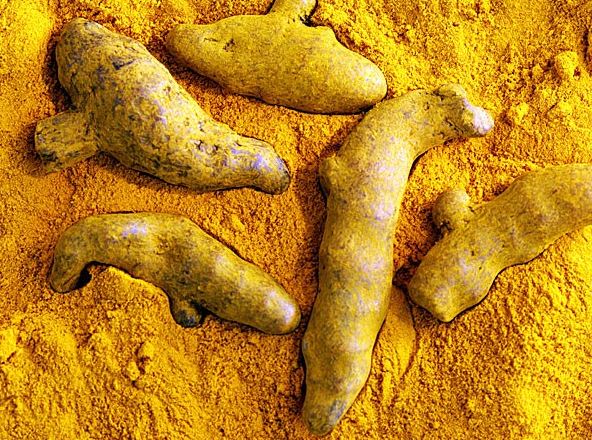 |
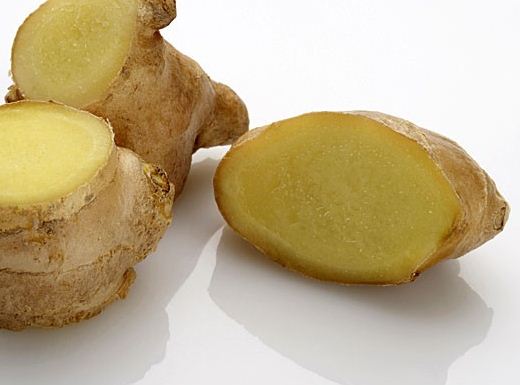 |
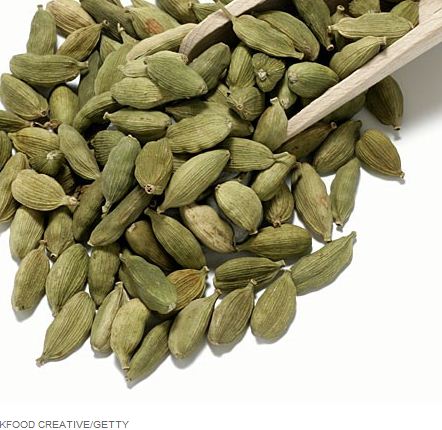 |
Turmeric cuts your risk of diabetes
This exotic spice has a golden-yellow hue
and slightly peppery, gingery taste.
It’s
wildly popular in Asian, Indian and
African
cuisines and if you’re not already
a fan,
here’s a great reason to try it: According
to researchers at Thailand’s Srinakharinwirot
University, adding as little as one
teaspoon
of turmeric to your daily diet could
cut
your risk of type 2 diabetes by as much as half! This spice is loaded
with curcumin, a potent antioxidant
that
nourishes the insulin-producing pancreas,
say researchers. “Just sneak it into
your
favorite fish, chicken, beef, vegetable
and
rice dishes to jazz them up,” suggests
nutrition
researcher Nancy K. Lonsdorf, M.D.,
author
of The Ageless Woman.
Or try this recipe for Chicken Tikka Masala, a popular Indian dish.
The chicken is marinated in yogurt
and spices -- including turmeric -- then served in a
creamy tomato sauce
|
Ginger pummels pain
“In India, ginger is considered a universal
medicine. It’s used to help heal pretty
much
everything, including headaches, muscle
pain,
joint pain and even bad back injuries,”
says
Dr. Lonsdorf. Ginger’s secret: It’s
packed
with gingerols, which are plant compounds
that ramp up production of pain-numbing
endorphins,
dampen inflammation, improve blood
flow and
relax tense, spasming muscles. Eating
one
teaspoon of freshly grated ginger (or
three
slices of candied ginger) a day quells
aches
and pains for up to 63 percent of women
within
two weeks, according to University
of Miami
researchers.
|
Cardamom Can Lower Blood Pressure
This aromatic spice (it has a spicy, slightly
citrusy flavor) is a popular addition
to
meat, rice and bread recipes in Arabian
and
Ethiopian cooking. Cardamom lovers
also sneak
this spice to hot coffee and tea to add a touch of sweetness and bring
out their rich flavor.
In a study published in the Indian Journal of Biochemistry and Biophysics, when folks with high blood pressure added
cardamom to their daily diets it helped
normalize
their pressure readings in as little
as 12
weeks. Turns out cardamom relaxes the
muscles
lining blood vessels so they’re less
likely
to tighten up and cause blood pressure
surges.
The study-proven dose is roughly 1/2
teaspoon
daily.
|
| ============================================================================================================================== |
|
|
|
